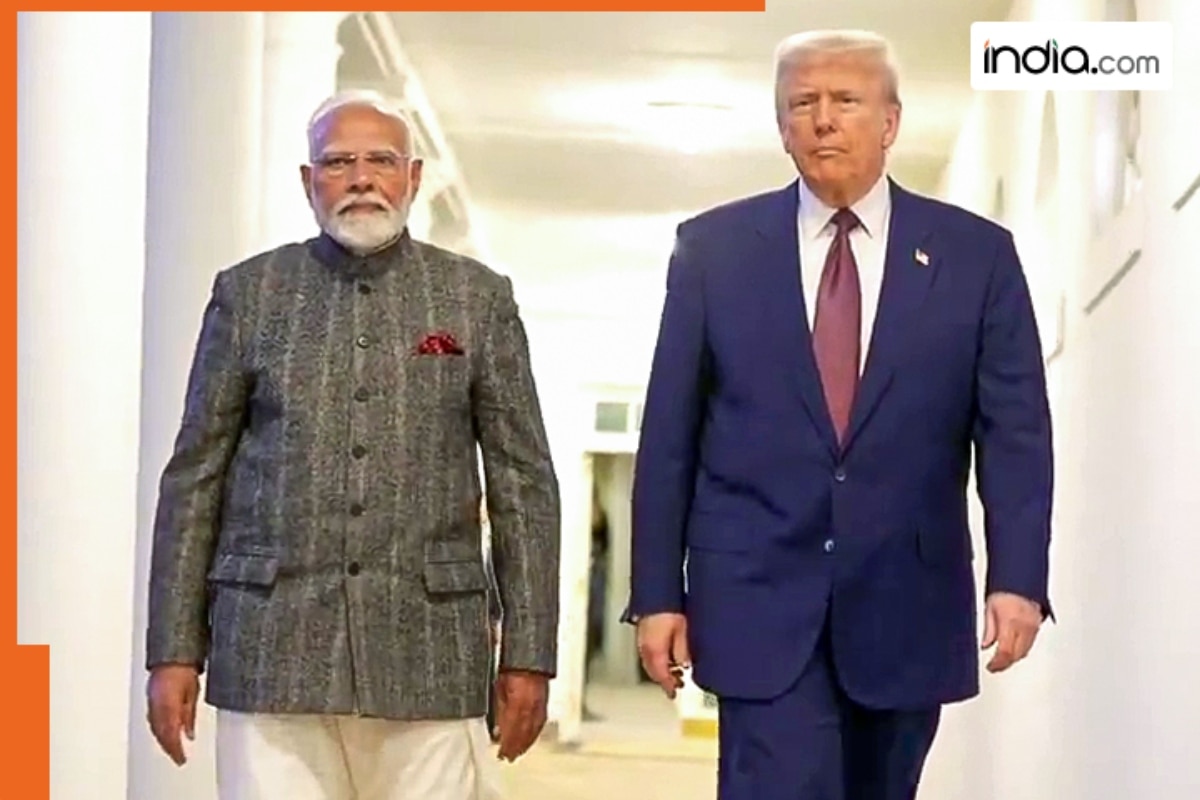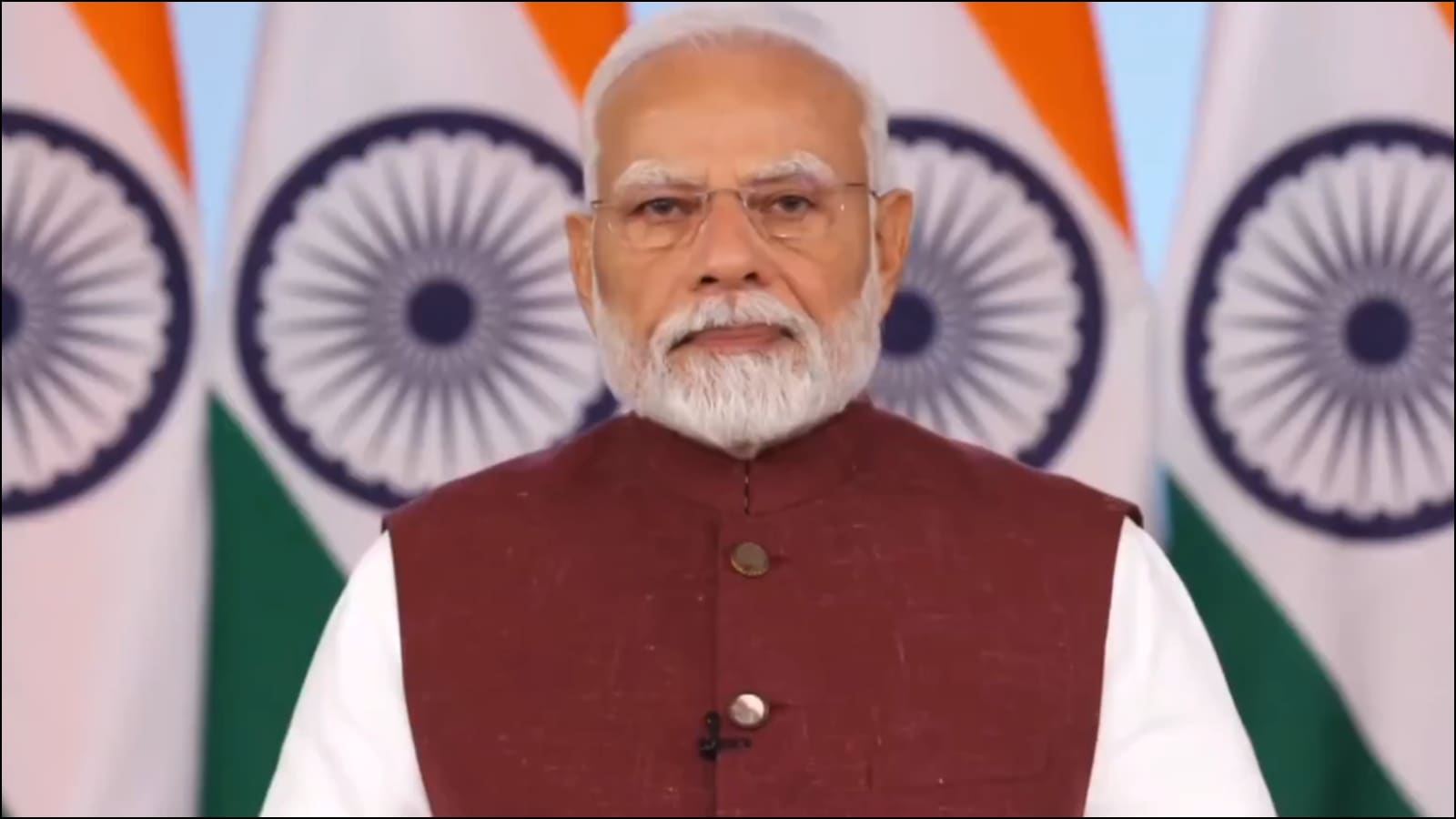PALM BEACH, Fla. (The Hill) — President Trump on Saturday imposed significant tariffs on Canada, Mexico and China, a White House spokesperson said, following through on a long-standing pledge and potentially setting off a trade war with the United States’ top trading partners.
“Tariffs on imports from Canada, Mexico, and China are SIGNED!” White House spokesperson Harrison Fields posted on the social media platform X.
Bloomberg reported that Trump was imposing a 25 percent tariff on imports from Mexico and Canada, as well as a 10 percent tariff on Chinese goods. Canadian energy imports will only be tariffed at 10 percent.
For months, the president has vowed to impose tariffs on the three countries as he called on them to do more to crack down on the flow of migrants and fentanyl into the United States.
Trump has signaled Saturday’s announcement may just be the first step in imposing widespread tariffs, potentially setting off a cascading trade war. Trump told reporters Friday he would announce tariffs in the coming weeks on steel and aluminum, pharmaceuticals, oil and gas, semiconductor chips and imports from the European Union broadly.
Experts have repeatedly warned that tariffs could lead to higher costs that companies will pass onto consumers.
The Tax Foundation, a nonpartisan think tank, estimated Trump’s tariffs announced Saturday would result in what amounts to an average tax increase of $830 per household in the U.S.
Sen. Susan Collins (R-Maine) warned in a statement late Friday that certain tariffs on Canadian imports “will impose a significant burden on many families, manufacturers, the forest products industry, small businesses, lobstermen, and agricultural producers.”
While Trump has acknowledged there could be “short-term” disruptions because of his tariffs, he has insisted they will strengthen the economy in the long term by bringing back domestic production.
Mexico and Canada have promised swift and thorough retaliation in recent weeks as Trump has threatened tariffs. Trump initially promised tariffs on the first day of his presidency, but later moved the date back to Feb. 1.
Canadian Prime Minister Justin Trudeau was expected to announce the country’s response on Saturday night, according to CTV.
Ontario premier Doug Ford said Friday that Canada was ready for a trade fight.
Retaliatory tariffs during the first Trump trade war in 2018 with China were targeted largely at agri-business.
Another sector that could be hit hard by the tariffs is autos. Auto production has been integrated across U.S., Canadian and Mexican borders since the big international trade deals of the 1990s.
“The biggest loser … will be the auto industry because so many things go back and forth so many times. If they charge a tariff every time something crosses a border, you’re talking about something that adds up very quickly,” Reinsch said.





